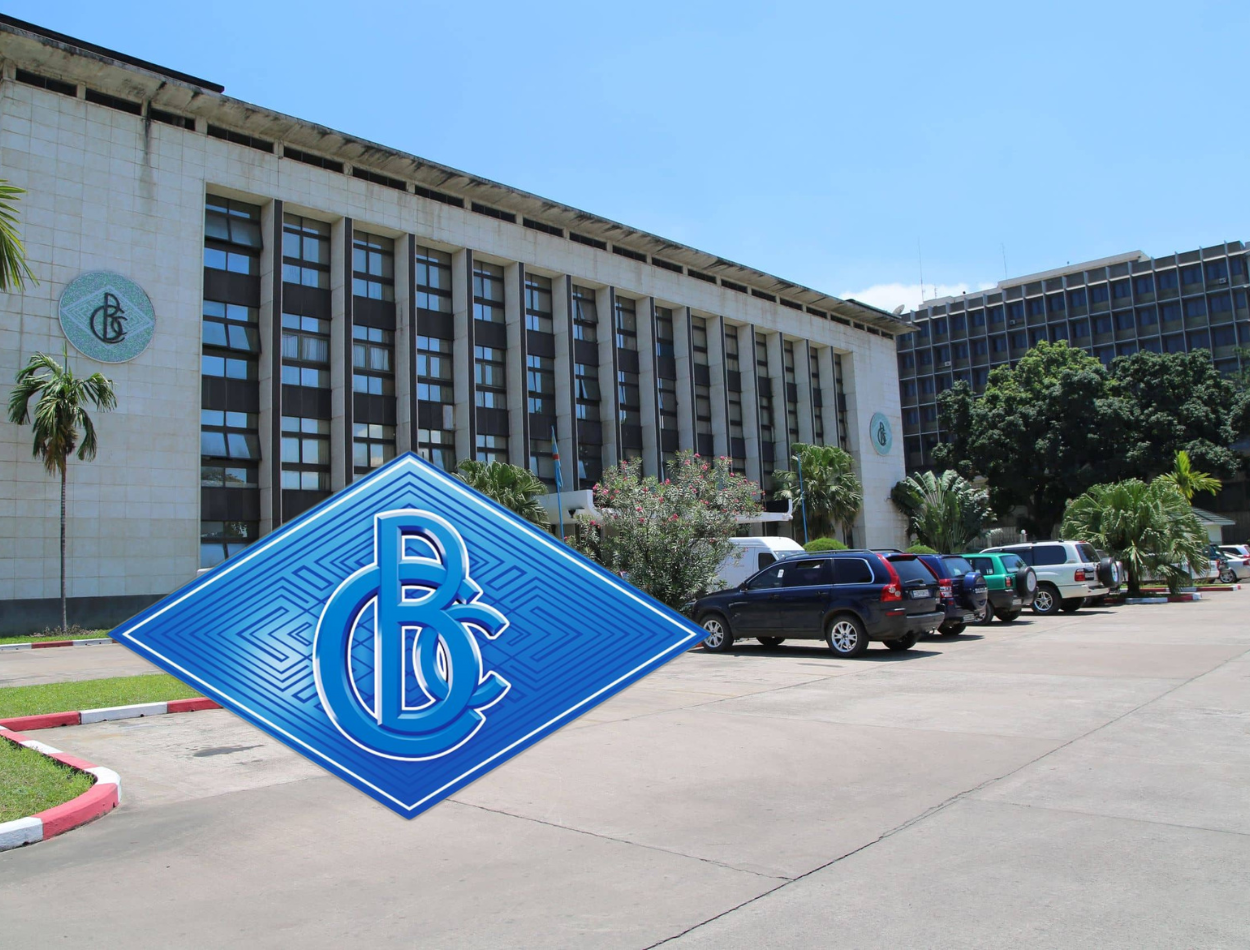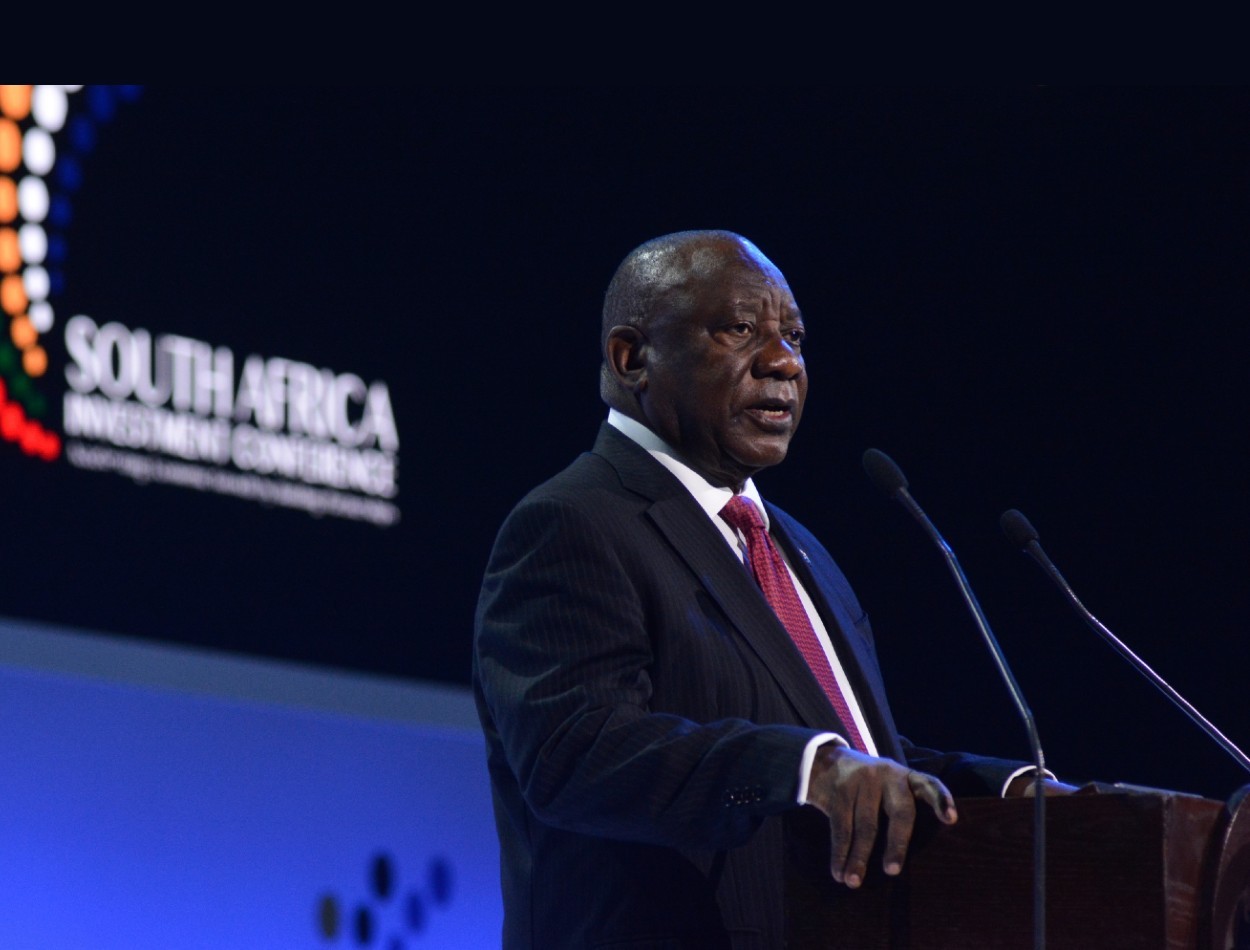The Central Bank of Congo (BCC) has issued a new mandate requiring all Electronic Payment Terminals (EPTs) in the Democratic Republic of Congo (DRC) to exclusively accept Congolese francs.
This strategic move aims to bolster the use of the national currency and reduce the country’s reliance on the US dollar, which has been weakening the franc.
DR Congo’s economic situation
Currently, only about 13% of EPTs in the DRC use francs, with most transactions favoring the US dollar. The DRC, recently admitted to the East African Community, is one of the most dollarized economies in Africa.
This dollarization dates back to the rule of former dictator Mobutu Sese Seko, who informally dollarized the economy in 1994 when the DRC was known as Zaire.
At that time, inflation reached an all-time high of 24,000%, leading to the economy’s collapse. Since then, the US dollar has been central to the DRC’s economy, with everyday transactions, from restaurants to shops, typically conducted in dollars.
However, locals are still paid in francs, contributing to widespread poverty, with 62% of the population living on less than $2.15 a day, according to World Bank data.
Most of the country’s goods are imported, and the war in Ukraine has caused prices for commodities like wheat and oil to spike.
The state of the Congolese franc worsened in 2022 and 2023. By April 2023, the franc had plunged 15% against the dollar, exacerbated by government spending in 2022 to battle the M23 rebel group.
This spending led to a flood of Congolese francs on the market and a surging demand for dollars. By the end of 2023, the franc was trading at 2,700 to the dollar. As of June 7, 2024, the local currency stood at 2,828 to the dollar, indicating rapid depreciation.
BCC’s new measures
The BCC hopes this new de-dollarization strategy will boost the use of the national currency by encouraging people to use francs for everyday transactions.
This initiative is part of broader reforms introduced by former Minister of Finance, Nicolas Kazadi, aimed at combating dollarization and promoting financial inclusion.
Kazadi previously emphasized the need for the DRC to be more self-reliant to avoid exchange rate impacts.
“If we produced in Congolese francs, if we thought in Congolese francs, we would not have suffered the impact of the exchange rate.”
he said to reporters in November 2023.
The BCC’s new policy aligns with previous directives requiring prices and state payments to be in the national currency. Additionally, the BCC is implementing a “switch monétique” initiative to integrate all bank cards and facilitate seamless transactions, regardless of the issuing bank.
Put simply, the switch monétique initiative will allow customers to make payments and interbank transfers from account to account instantly. This initiative aims to make dollar transactions more costly than those in francs, thereby encouraging businesses and individuals to prefer the national currency.
Expert opinions
Economists and financial experts, including AL Kitenge, have noted that while these measures are positive steps towards de-dollarizing the economy, ensuring the franc’s stability is crucial for their long-term success.
The effectiveness of these reforms depends on maintaining the franc’s value and fostering confidence in the national currency among the Congolese population.
“In order to import goods, the Congolese have to obtain dollars, and so the law of supply and demand justifies the Congolese franc losing its value,” Kitenge explained.
“As products are imported, people need foreign currency to import them. When they come to the market to get foreign currency, demand is so great that the Congolese franc loses value because people are prepared to pay more to get that foreign currency,” he added.






